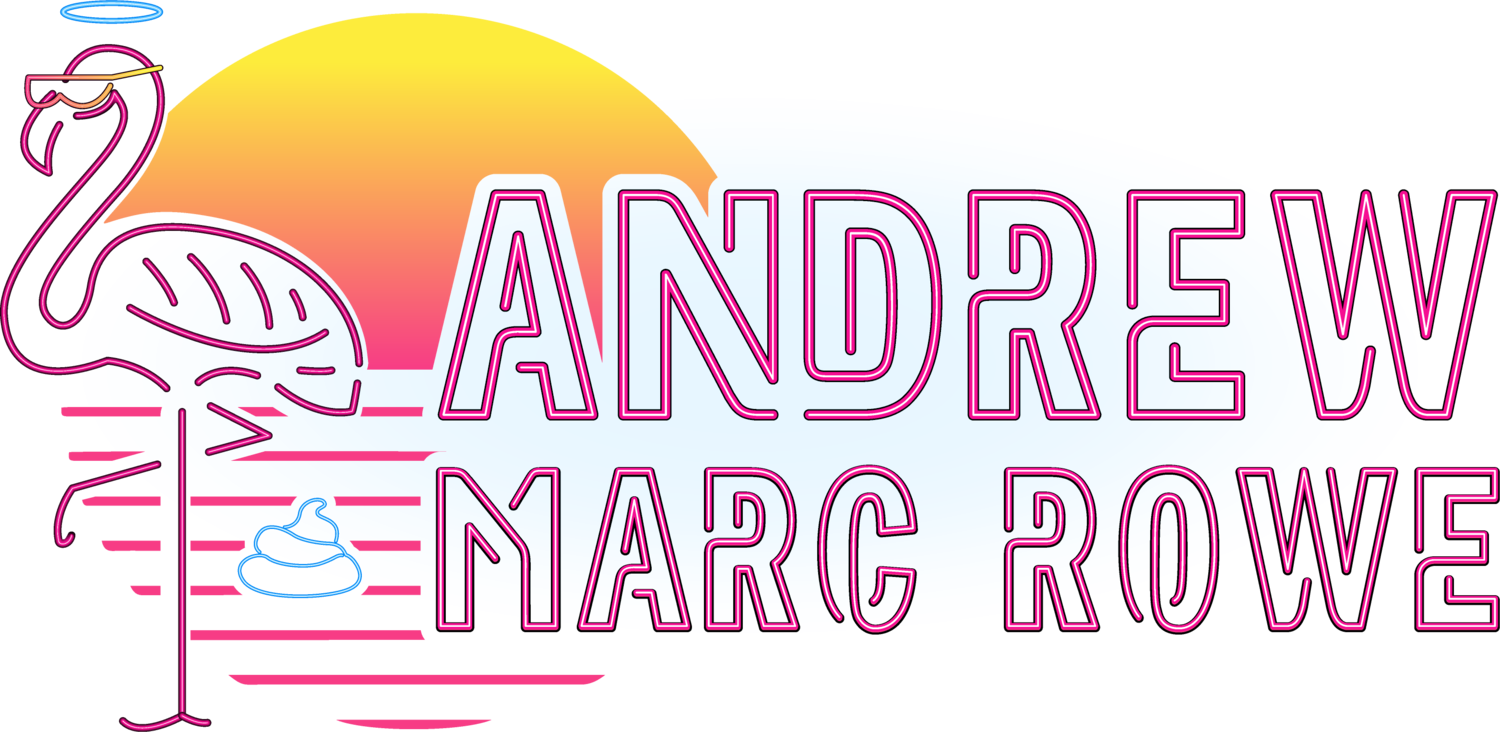Preamble
I read Chris Walsh’s As Fierce As Steel back in 2020, when the pandemic was in full swing. I met him at a local book market event and we exchanged some of our wares, happy enough to meet fellows in the battle that is self-publishing. He gave me a copy of The Worth Of Gold as well as As Fierce As Steel, and am I ever glad he did.
At writing, there is not a single review of The Worth Of Gold. To me, that’s a bit of a tragedy, given how good it is. It’s been out for a year and a half. That said, it does offer me the opportunity to set the stage to some degree.
Full disclosure: I received a copy from the author, however the opinion is mine and is uninfluenced by this.
A note about my reviews: I consider myself an appreciator, not a critic. I know first-hand what goes into the creation of art – the blood, the sweat, the tears, the risk. I also know that art appreciation is subjective and lernt good what mama tell’t me – if you don’t have anything nice to say, don’t say anything at all. I’m not a school marm grading a spelling test – I’m a reader who enjoys reading. If a book is entertaining, well-written, and I get absorbed into it, five out of five. I have gone as low as three stars – anything less than that and I will not review a book (chances are I DNFed anyway). Regardless, I wouldn’t even put a star rating system on my reviews but for the reality of storefronts like Amazon.
Take from that what you will.
Review – 5/5
The Worth Of Gold is Chris Walsh’s second book in the Gold & Steel saga. Temporally, it is set around the main events of the first book, albeit from the point of view of other characters, principally Lady Marigold Tullivan, heiress to one of the main political dynasties in Illiastria, the main country setting of the novels. It also features her sister Serephanie and a few other characters who flesh out the story a bit, but mainly it’s about Marigold and her political tribulations.
We get a taste of the good Lady in As Fierce As Steel, as she makes an attempt to curry some sort of deal with Tryst Reine before he springs Orangecloak and sets into motion the main events of that other narrative arc. However, after that, all references to what has happened with Marigold and her rise to significant power are only mentioned obliquely in the first novel. We get to see what really happens in The Worth of Gold.
As mentioned, it’s chiefly a political novel, though if you want to learn the behind the scenes of the wrestling world, I think you could do worse than read The Worth Of Gold. The author, a fellow writer hailing from Newfoundland, mentioned to me at one point that he was involved in the local wrestling scene prior to picking up the pen and weaving the Gold & Steel saga. Serephanie Tullivan and her man (whose name escapes me) get pulled in deep into that world in the mirror arc, which is also heavily involved in an underground railroad for women trapped in a society that treats them like chattel.
I think Walsh even uses that word, chattel, which I only came into significant usage in my life when I was reviewing somewhat archaic legal rules in law school. His use of language demonstrates a breadth of vocabulary and usage that is, quite frankly, impressive. Perhaps because I myself am a language nerd and game recognizes game, but man do I love the way he writes his prose. I’ll admit some of the dialogue was just a little bit over the top in terms of how… proper, some of the speech was, but it’s part of the story. I did think that the characters of rougher provenance could have used some kind of dialectical indicators of same (they all get on like Lord effing Byron it seems), but overall I quite enjoyed it.
Like I mentioned, this is about politics, and if Chris Walsh ain’t a man with deep convictions about social justice, someone else must have ghostwritten this novel. It’s strongly feminist, anti-racist, anarchic, anti-class – Hell, at times I thought that it might have been a Communist textbook. I’m kidding, but there is a liberalism that is evident throughout. However, it is not total and there are some key differences in his characters and a clash in their approaches to how they want to reshape the world after the Dark Lord Sauron, in this case the beyond backwards Elite Merchant Party that rules Illiastra, is deposed. Maybe Orangecloak is the communist (with anarchist leanings), and Marigold is more about democratic self-actualization of the people who live under her, while maintaining certain social structures.
There is foreshadowing of the coming philosophical clash between these leaders of the revolution, and I suspect there is far more intrigue that is going to come up in the rest of the novels. And there’s also a nice little romance, a very muted battle between Marigold and one of the local lords who opposes her actions and… well, I don’t really want to spoil it.
It’s a great book, though admittedly a very long book. I probably will do a little rinse-bouche with a novella or something shorter for a few reads after this. But I suppose the real question is, ‘what’s the worth of art?’ In Christopher Walsh’s case, it seems very close to his oft-referenced gold. Highly recommended.
